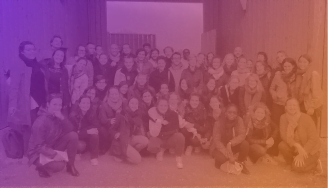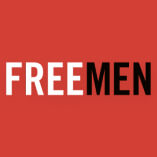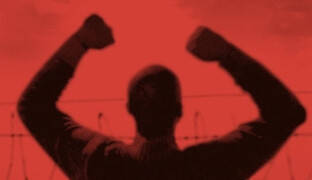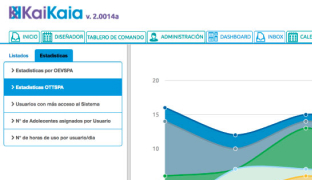Our Projects
Association la Voûte Nubienne (AVN)
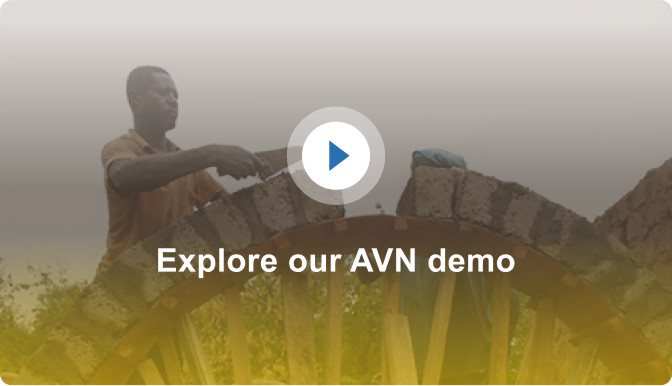
Country
France, Benin, Burkina Faso, Ghana, Mali, Senegal
Category
Sustainable development
Project
Yêboa

United Nations

Category
Protection
Project
UN Global Study on Children Deprived of Liberty

Bolivia Ministry of Justice

Country
Bolivia
Category
Justice
Project
MOSPA (Módulo del Sistema Penal para Adolescentes)

Bolivia Ministry of Justice

Country
Bolivia
Category
Justice
Project
MID (Módulo de Información de Defensorías)

Tribunal para Menores Infractores del Estado de Durango (TMIDGO)
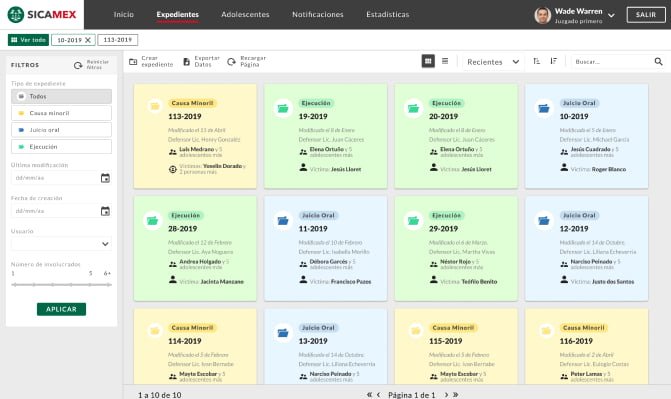
Country
Mexico
Category
Juvenile Justice
Project
SICAMEX

Penitentiary System Administration
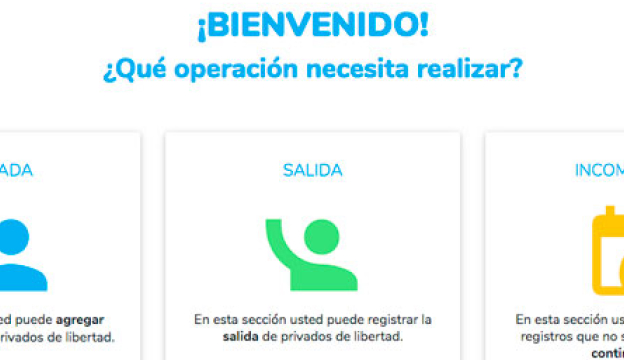
Country
Bolivia
Category
Justice
Project
SIPENBOL (Sistema de Información Penitenciaria de Bolivia)

Instituto Nacional para la Atención a Menores Infractores (INAMI)
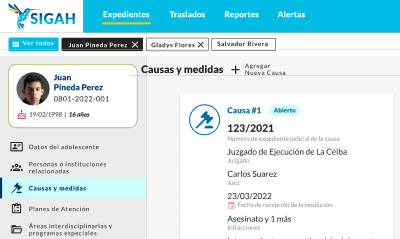
Country
Honduras
Category
Justice
Project
Sistema Interinstitucional de Gestión de Casos para Adolescentes de Honduras (SIGAH)






